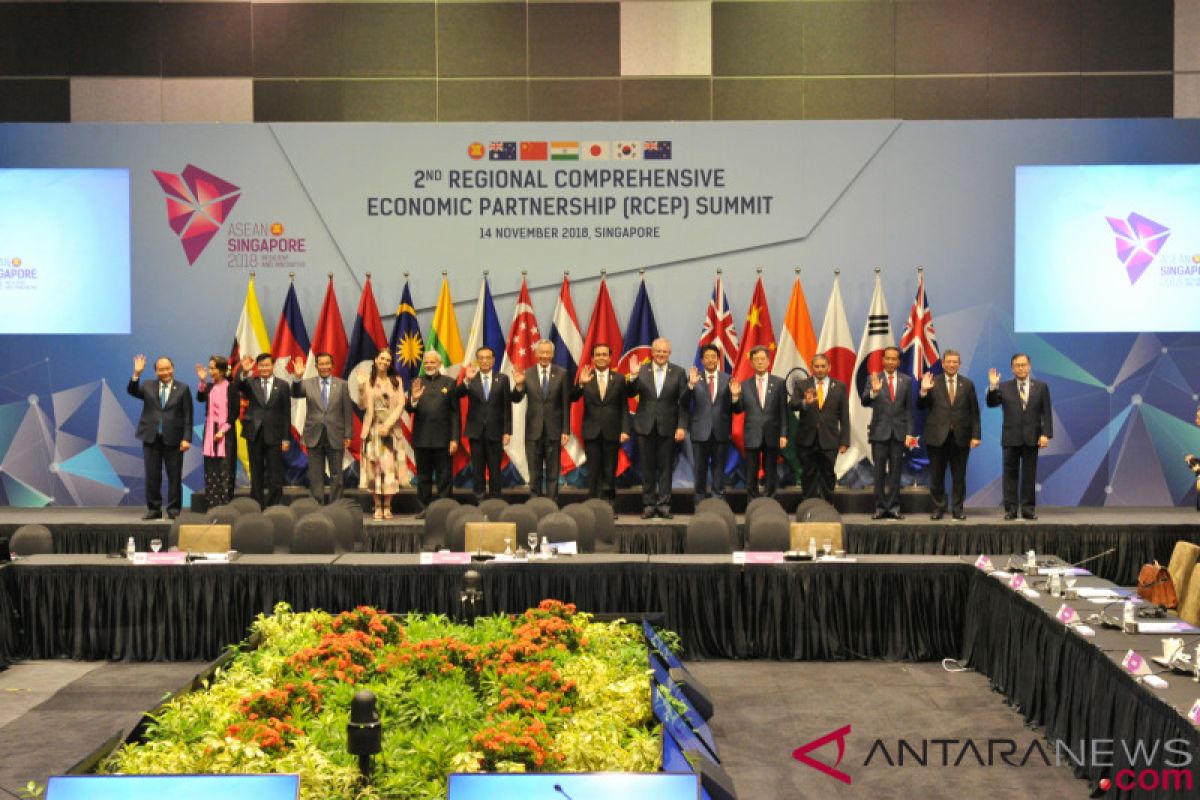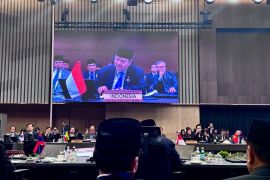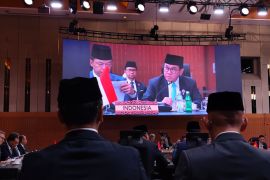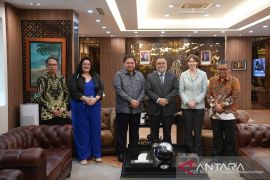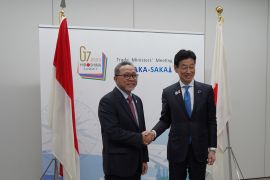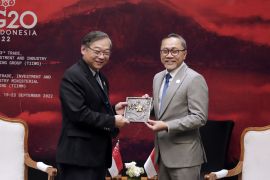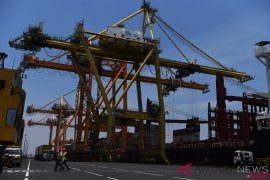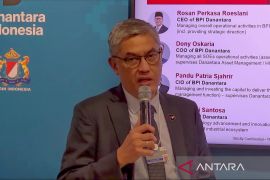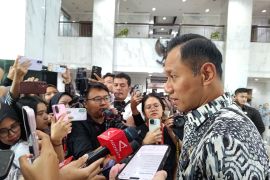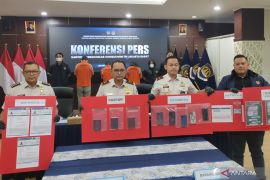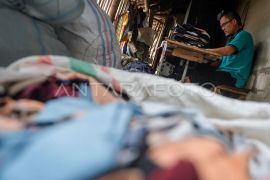Countries that joined in the RCEP discussion are the 10 ASEAN member countries and its six partner countries, including China, Australia, India, Japan, South Korea, and New Zealand.
"We reaffirmed our commitment at the launch of the negotiations to achieve a modern, comprehensive, high-quality, and mutually beneficial economic partnership agreement establishing an open trade and investment environment in the region to facilitate the expansion of regional trade and investment, and contribute to global economic growth and development," heads of RCEP members said in a joint statement here on Thursday.
The heads of states or government members of the RCEP noted that the task of concluding negotiations became more urgent and significant, given the challenges currently faced in the context of the global economy.
In this regard, a joint commitment was made to complete RCEP negotiations quickly to develop an open, inclusive, and rule-based trading system.
Country leaders welcomed the substantial progress made in the RCEP negotiations throughout 2018.
"We have advanced to the final stage of negotiations. We are determined to conclude a modern, comprehensive, high-quality, and mutually beneficial RCEP in 2019," according to the statement.
The leaders welcomed seven chapters in the RCEP agreement, namely Economic and Technical Cooperation (ECOTECH), Small and Medium Enterprises (SMEs), Customs Procedures and Trade Facilitation (CPTF), Government Procurement, Institutional Provisions, Sanitary and Phytosanitary Measures (SPS), as well as Standards, Technical Regulations and Conformity Assessment Procedures (STRACAP).
Five of the total seven chapters were concluded in this year, and the rest are highlighted to be completed soon.
In the 33rd ASEAN Summit, the economic ministers of RCEP members discussed 8 chapters of the 21 chapters of the RCEP agreement.
"We reiterated the value of continued engagement with various stakeholders of the RCEP, including representatives from the business sector, non-government organizations, and other stakeholders, in ensuring that RCEP remains inclusive," as explained in the statement.
"We will look for solutions that are creative, pragmatic, realistic, and mutually acceptable for the remaining issues. Thus, a comprehensive and balanced agreement can be produced," it read.
Reporting by Azis Kurmala, Yashinta Difa Pramudyani
Editing by Suharto
Reporter: Antara
Editor: Suharto
Copyright © ANTARA 2018
